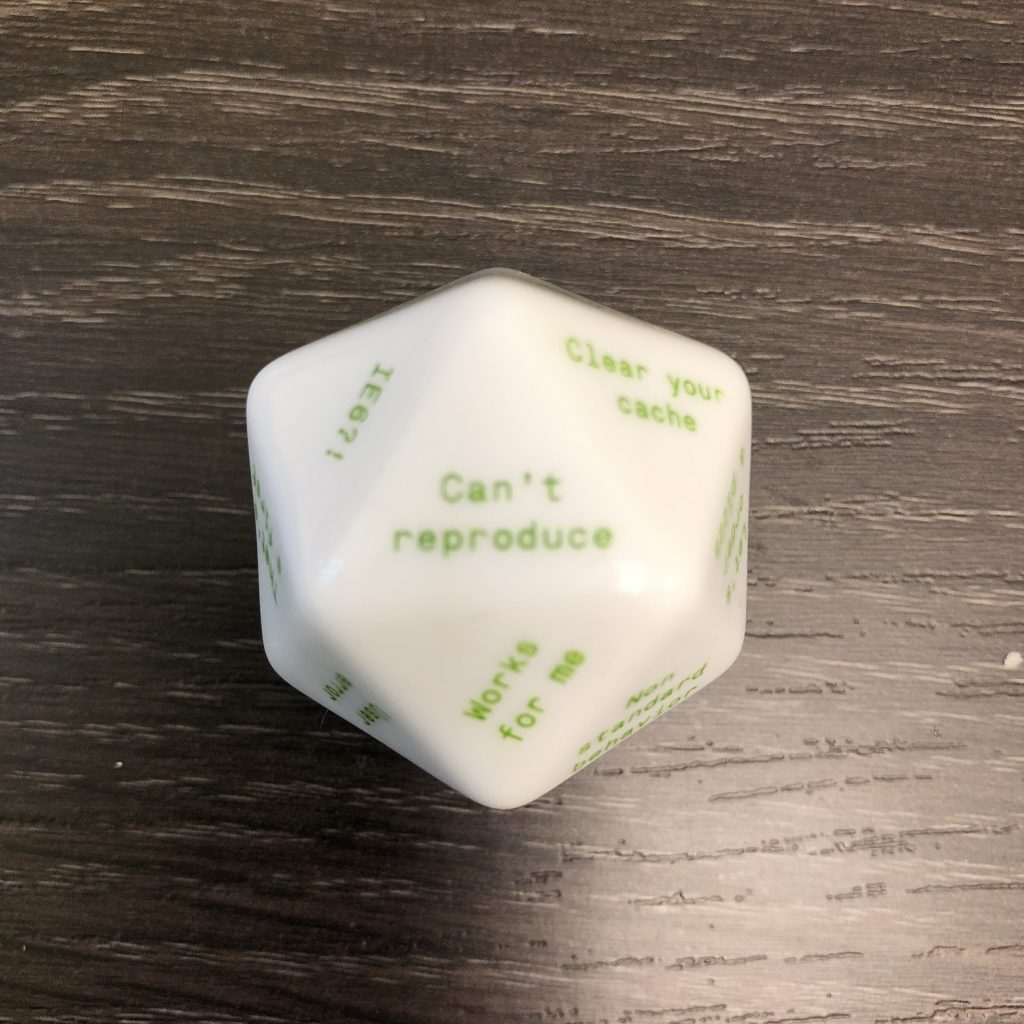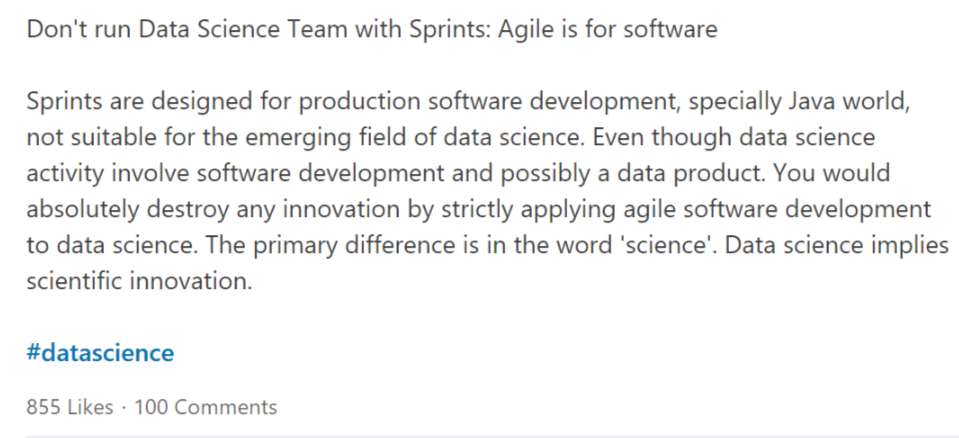
If you’ve been to any of my technical talks over the past year or so then you’ll know I’m a huge advocate for running AI models as api services within docker containers and using services like cloud formation to give scalability. One of the issues with this is that when you get problems in production they can be difficult to trace. Methodical diagnostics of code rather than data is a skill that is not that common in the AI community and something that comes with experience. Here’s a breakdown of one of these types of problems, the diagnostics to find the cause and the eventual fix, all of which you’re going to need to know if you want to use these types of services.
Read more
